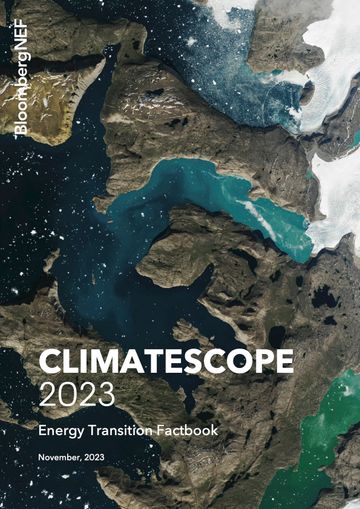Argentina
With a power score of 2.01, Argentina ranks number 30 among emerging markets and number 54 in the global power ranking.
- Emerging markets
- Latin America
2.01 / 5
Power score
+11 places
Global power rank change
Overview
Argentina has a power score of 2.01, which puts it at rank 54 in the global power ranking, and rank 30 in the emerging markets power ranking. In comparison to 2021, Argentina has deteriorated in the power rankings by -15 places, from rank 39, to rank 54.
At 2.01, the power score of Argentina is better than the regional average of 1.81 in the Latin America region.
Regional power score comparison
Power
Power policy
Argentina implements policies in 4/6 power policy categories tracked by Climatescope, including Renewable energy target, Renewable energy auction, Feed-in Tariff, Net Metering, Import tax incentives, VAT incentives.
Power policies
Power prices and costs
The average electricity price in Argentina has increased from 63.41 USD/MWh in 2021 to 100.02 USD/MWh in 2022. Since 2017, the average electricity price in Argentina has fluctuated between 63.41 USD/MWh (2021) and 162.97 USD/MWh (2018).
Power market
The top amount of capacity installed in Argentina in 2022 was in Natural Gas at 53.99%, down from 54.07% in 2021. The technology with the biggest increase in capacity installed in 2022 was Solar PV at 2.75%, up from 2.67 in 2021.
Installed capacity (in MW)
Electricity generation (in GWh)
The largest electricity generating technology in Argentina in 2022 was Natural Gas, generating some 56.93% of electricity, down from 61.34% in 2021. The technology with the biggest increase in eletricity generation in 2022 was Large Hydro at 21.76%, up from 17.01% in 2021.
Investment in clean energy in Argentina was around $706.43 million in 2022, an increase of 451.05% from 2021 ($128.2 million). Between 2017 and 2022, the highest investment in clean energy was in 2018 at $2558.79 million, while the lowest was in 2021 with $128.2 million.
Utility privatisation
Which segments of the power sector are open to private participation?
Type
Question
Availability
Wholesale power market
Does the country have a wholesale power market?
Doing business and barriers
Type
Question
Availability
Currency of PPAs
Are other PPAs (eg. corporate PPAs) signed in or indexed to U.S. Dollars or Euro?
Type
Question
Availability
Bilateral power contracts
Can a C&I (Commercial and Industrial) customer sign a long-term contract (PPA) for clean energy?
Type
Question
Availability
Fossil fuel price distortions - Subsidies
Does the government keep the wholesale price of electricity from fossil fuels artificially low through subsidies?
Type
Question
Availability
Fossil fuel price distortions - Taxes and carbon prices
Does the government significantly increase the wholesale price of electricity from fossil fuel through targeted taxes and/or carbon prices?
Transport
Transport policy
Argentina implements policies in 1/9 transport policy categories tracked by Climatescope, including Clean transport target, National ICE phase-out, EV purchase grant/loan incentive, EV VAT reduction/exemption, EV import tax reduction/exemption, EV income tax reduction/exemption, EV recurring tax reduction/exemption, EV charging infrastructure target, E-bus target.
Transport policies
Type
Question
Availability
Fuel economy standards
Does the country have a fuel economy standard in place?
